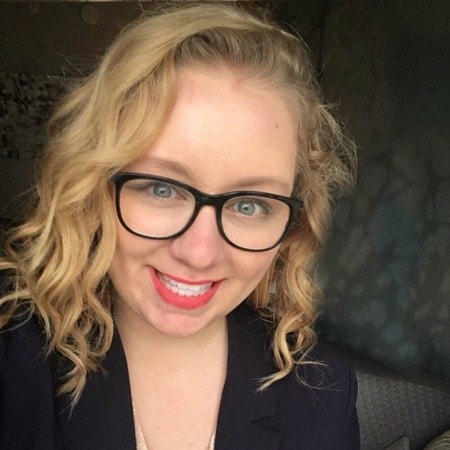 Guilt: noun, \’gilt\, 1. The fact of having committed a breach of conduct especially violating law and involving penalty, 2. The state of one who has committed an offense especially consciously, 3. A feeling of deserving blame for offenses.* It is the punchline of many a Jewishly-themed joke, but feelings of guilt as a caregiver for an aging parent can become no laughing matter. While a small dose of guilt can serve as a great motivator, too much can overwhelm and become unhealthy. Caregivers, who experience high levels of guilt and feelings of inadequacy, are more prone to depression, risk physical exhaustion, and can become resentful. Those caregivers, whose loved ones have passed, yet who continue to second guess their caregiving, often experience prolonged, more complicated grieving. Professionals in the field of aging acknowledge that it is unrealistic to achieve a caregiving relationship that is completely guilt free. No caregiving situation is ever going to be perfect. End of life decline is a process that cannot be fixed or reversed.** Furthermore, seeking to provide complete relief or a cure from suffering is an impossible goal. It is however recommended that caregivers manage guilt by setting realistic goals for themselves, as well as the person for whom they are providing care. Although it is difficult, it is necessary to come to terms with the fact that what you think you should do is not always equal to what you can or are even willing to do.*** A wealth of supportive services exist to alleviate the burden on you, as the caregiver. As your temple’s Kesher worker, I can assess your family’s unique caregiving needs and link you to appropriate programs at Jewish Collaborative Services, as well as services in the greater RI community that are available to assist you and your family members on your caregiving journey. In addition to seeking help from others and utilizing available services, it is important to practice self-care by taking time for yourself in order to achieve a balance between caregiving tasks and other personal objectives and relationships. This could include exercise, meditation, reading a book, taking a walk, or visiting with friends. Moreover, occasional negative feelings such as anxiety or even dread associated with caregiving tasks are normal and do not mean that you do not care about or love your family member. Caregiver support groups, as well as individual counseling can be helpful in addressing feelings of inadequacy, guilt, anger, or resentment. As always, I am available through the Kesher program to provide support free of charge by lending a compassionate, confidential ear. I can also assist in making referrals for caregiver support groups, or ongoing private counseling. Below is a listing of program areas within Jewish Collaborative Services that may be suitable to meet your family’s specific needs:
Are you looking for volunteer opportunities? Partners in Care, Tamarisk, The Louis &Goldie Chester Full Plate Kosher Food Pantry, and the JERI program could always use a helping hand. Please contact Jessica Murphy at 401-331-1244 for more information. * - Guilt. 2019. In Merriam-Webster.com. Retrieved July 6, 2019, from https://www.merriam-webster.com/dictionary/guilt. ** - Capuzzi Simon, Cecelia. (July 14, 2008). Guilt by Association: Even Caring Adult Children Don’t Outgrow Feelings of Guilt. Retrieved from https://www.psychologytoday.com/us/blog/whos-caring-mom/200807/guilt-association. *** - Jacobs, Barry J. (June 1, 2016). Caregivers: Living with Guilt. Retrieved from https://www.aarp.org/caregiving/life-balance/info-2017/living-with-guilt-bjj.html. ___ Shana Prohofsky is the Kesher social worker at Temple Sinai and Temple Torat Yisrael. Kesher is the congregational outreach program of Jewish Collaborative Services of Rhode Island, funded by the Jewish Alliance of Greater Rhode Island and private donors. Shana can be reached at [email protected] or 401-428-4084. Comments are closed.
|
Samantha ClarkSamantha Clark is part of the Kesher Worker team at Temple Sinai. Kesher is the congregational outreach program of Jewish Collaborative Services of Rhode Island, funded by the Jewish Alliance of Greater Rhode Island and private donors. Katie can be reached at 401.415.8213 or by emailing Archives
April 2021
Categories |

Affiliated with the Union for Reform Judaism
30 Hagen Avenue • Cranston, RI 02920 • 401-942-8350 Office: dottie@templesinairi.org Rabbi Jeffrey Goldwasser: [email protected] |
Want to sign up for the weekly Sinai Scroll email?
Click here to receive weekly updates on Temple services, events and a message from the Rabbi. |


 RSS Feed
RSS Feed

